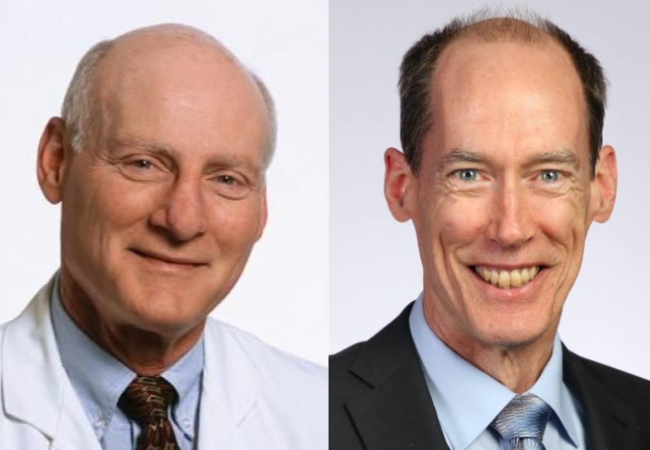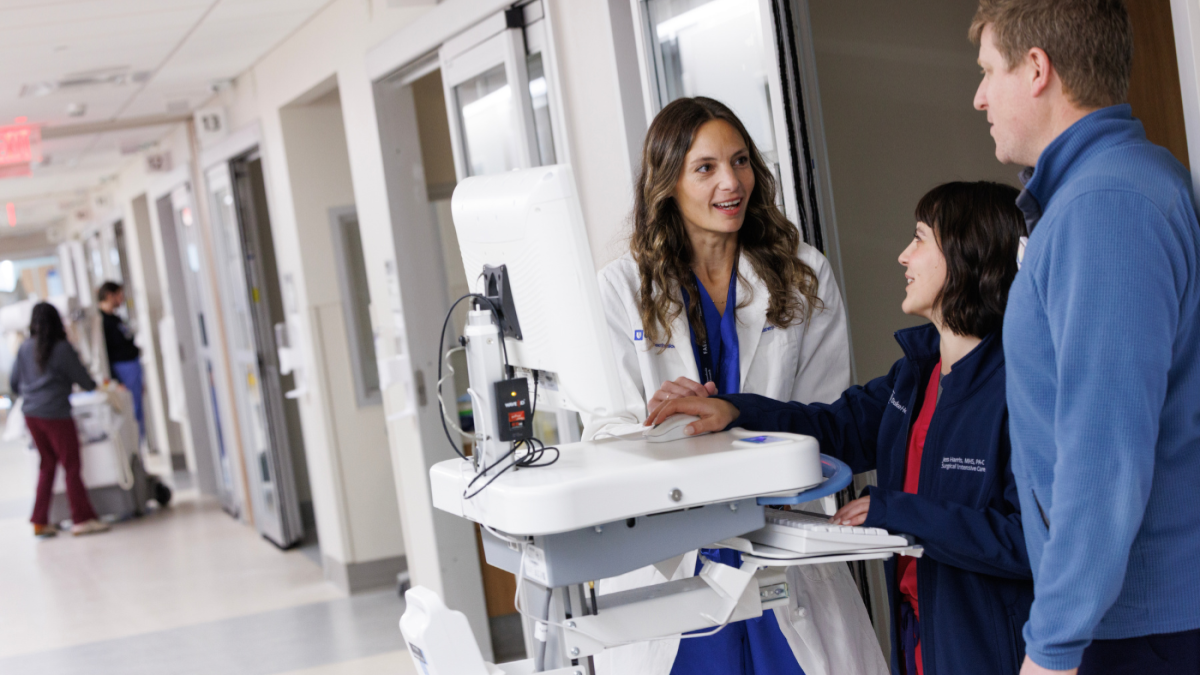Lauren Brinkley-Rubinstein, PhD: Documenting the trauma of incarceration
Lauren Brinkley-Rubinstein, PhD, an associate professor in the Department of Population Health Sciences at Duke, focuses on how the trauma of incarceration — whether from flooded cells during climate disasters or the “extreme deprivation” of solitary confinement — shapes people’s health long after release.
A nerve-based approach to helping older adults bounce back after surgery
Electrical nerve stimulation shows promise in preventing post-surgery delirium
Duke faculty honored by ASCO for transformative cancer care leadership
Duke University School of Medicine faculty members Michael J. Kelley, MD, a medical oncologist at Duke Cancer Institute, and Harvey Jay Cohen, MD, the Walter Kempner Professor of Medicine, and emeritus chair of its Department of Medicine, were honored at the 2026 annual meeting of the American Society of Clinical Oncology (ASCO). They received the society’s highest distinction, the ASCO Special Award, which recognizes career-defining excellence and global contributions to cancer care.
Made For This: Duke University School of Medicine 2025 Year in Review
This year‑in‑review video brings together voices from across Duke University, Duke Health, and the School of Medicine, sharing reflections on the work, priorities, and progress shaping the year. From groundbreaking research and innovative education to exceptional clinical care, these stories showcase what makes the “Duke Difference” and why our people are truly Made For This.
Four at Duke honored with ASCI Early Career Awards
Four physician-scientists at Duke University School of Medicine have been recognized with prestigious 2026 early-career awards from the American Society of Clinical Investigation (ASCI), honoring their exceptional contributions to biomedical research and patient care.
School of Medicine faculty, staff among 2025-26 Presidential Award winners
Faculty and staff from the School of Medicine and Duke Health are among the recipients of the prestigious 2025-26 Duke Presidential Awards.









